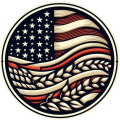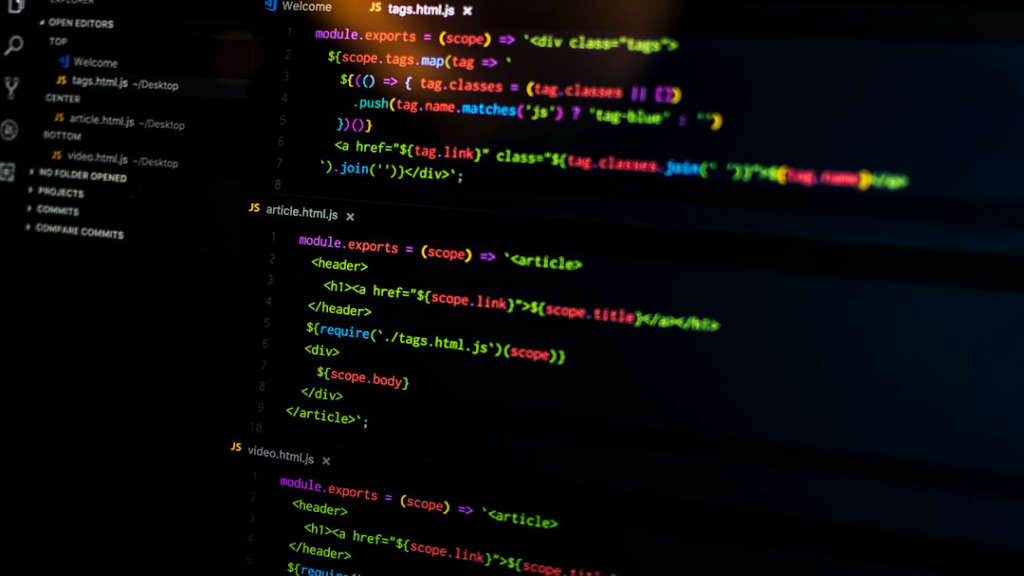Learning the C programming language can be a rewarding experience for beginners who are looking to expand their coding skills. Understanding data types, loops, and functions are essential components of mastering C programming. In this blog article, we will explore these topics in detail and provide valuable insights into how you can improve your programming knowledge.
Main Points:
- Introduction to C programming language
- Understanding data types in C
- Exploring loops and their usage
- Importance of functions in C programming
Key Concepts of C Programming Language
If you are looking to learn C programming, it is essential to understand the core concepts of this language. Some of the key concepts include:
- C programming tutorials: One of the best ways to grasp the fundamentals of C is through well-structured tutorials.
- C language learning resources: Utilizing various resources like books, online courses, and forums can help enhance your knowledge of C.
- Practice and application: Applying what you learn through coding exercises is crucial to mastering C programming.
By focusing on these key concepts, you can develop a strong foundation in C programming and become proficient in this versatile language.
Understanding Data Types in C
In mastering C programming, it is crucial to have a solid understanding of C programming basics, especially when it comes to data types. C programming for beginners can be challenging without a clear grasp of how data types work in C.
Data Types in C
| Data Type | Description |
|---|---|
| int | Used to store integer values |
| float | Used to store floating-point numbers |
| char | Used to store single characters |
Control Structures and Loops in C
One of the fundamental concepts in programming is understanding control structures and loops in C. These constructs allow programmers to dictate the flow of their code, making it more efficient and organized.
Control structures, such as if statements and switch cases, determine the conditions under which certain code blocks are executed. Loops, such as for loops and while loops, repeat a set of instructions until a certain condition is met.
Why are Control Structures and Loops Important?
Control structures and loops are essential in C programming as they help in creating algorithms that solve complex problems efficiently. By mastering these concepts, programmers can write more concise and structured code.
Functions and Modular Programming in C
In the world of programming, functions play a crucial role in breaking down a complex problem into smaller, manageable pieces. In the C programming language, functions are essential for creating modular and reusable code. By encapsulating specific tasks within functions, developers can achieve better organization, readability, and maintainability in their codebase.
The Benefits of Modular Programming in C:
- Modularity: By dividing code into separate functions, developers can isolate specific tasks and reduce complexity.
- Reusability: Functions can be reused multiple times throughout a program, saving time and effort in development.
- Maintainability: When a program is built using modular programming principles, it becomes easier to debug and make changes without affecting other parts of the code.
Overall, functions and modular programming in C are fundamental concepts that help programmers write efficient, scalable, and well-structured code.
Advanced Topics in C Programming
For experienced developers looking to delve deeper into C programming, there are several advanced topics worth exploring. These include multithreading, memory management, and pointer arithmetic. By mastering these concepts, programmers can write more efficient and complex code that pushes the boundaries of what is possible in the C language.
Multithreading
One of the key challenges in multithreading is managing shared resources and preventing race conditions. Experienced C programmers must understand how to use mutexes and semaphores to control access to critical sections of code, ensuring that threads do not interfere with each other’s operations.
Conclusion
In conclusion, learning the C programming language, data types, loops, and functions is essential for anyone looking to develop a strong foundation in programming. By understanding these basic concepts, you will be able to write efficient and functional code that can be used in a variety of applications. So, don’t wait any longer, start your journey to learn C today and unlock a world of possibilities in the world of programming.
Frequently Asked Questions
What is C programming language?
C is a general-purpose programming language that was developed in 1972 by Dennis Ritchie at Bell Labs.
Why should I learn C?
Learning C can provide a solid foundation for understanding how computer programs work and is widely used in system programming and embedded systems.
Is C language difficult to learn?
C language can be challenging for beginners due to its low-level nature, but with practice and patience, it can be mastered effectively.

